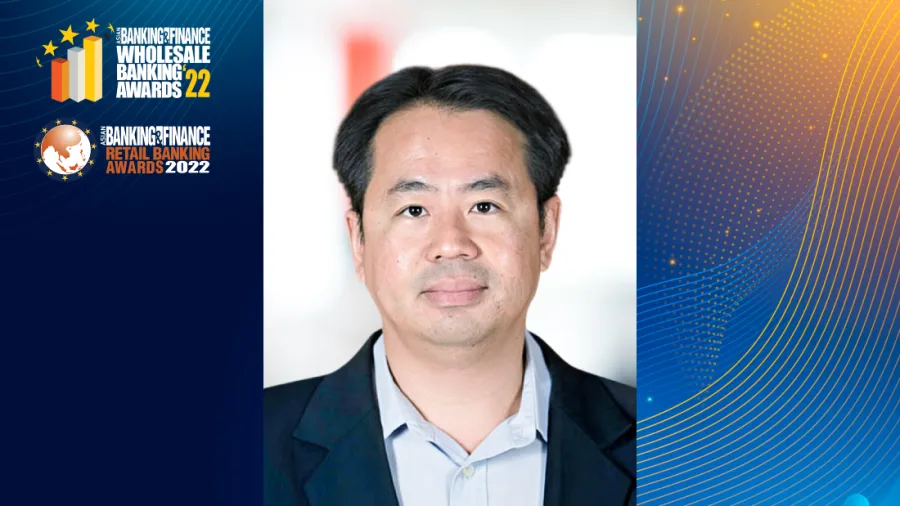
Respond to client needs first amidst big volumes of data, says Bain & Co partner
Edy Widjaja said acting the best digital and data talent helps deliver value to customers creating a virtuous cycle attracting further talent.
Bain & Co Partner Edy Widjaja has worked across multi-year transformations, focused on strategy and implementation, performance improvement, and change management. He has been with Bain since 2010 and has previously worked as a corporate venturing manager and an R&D project manager.
He leads the company's financial services team across five offices in the region—Bangkok, Jakarta, Kuala Lumpur, Manila, and Singapore. He earned an MBA from INSEAD, where he was on the Dean's List, as well as a PhD in Materials Science and Engineering from Northwestern University.
Widjaja has worked with clients from several segments within the industry, including local and regional banks, insurance companies, asset and wealth managers, fintechs, and financial investors in the scene.
Under his supervision, his clients have initiated next-gen operating and cost models for remote work, which is now changing to hybrid work. This includes cost savings and income upside, driven by remote working enablement.
They are also defining and redesigning the fraud and scam customer experience and backstage capabilities to deliver a superior customer experience. It serves as an example of creating a remarkable customer experience and continuing efforts to redesign the customer journey.
Moreover, these clients are also engaging in digital enablement for advisory, as frontline and customers get comfortable with a hybrid advisory model. Customers of today are now expecting a more efficient use of financial services. Successful digital players focus on customer centricity built around frictionless and transparent journeys.
With digital transformation expected to pick up post-pandemic for banks and financial institutions, Widjaja said organisations can strengthen their cybersecurity capabilities or risk management and ensure the robustness of systems and interfaces with platforms through the areas of governance, organisation, process, and technology. He also encouraged them to define a vision by building a model of the future and requirements for operations.
However, this influx of technological advancements is starting to see an issue with the quality and amount of data being processed. Widjaja advised organisations to leverage AI/ML technologies to transform how banks care about customers, replace historical predictors, and find a way to also serve emerging groups of “un-bankable.”
To achieve the full potential of data and analytics, he mentioned that companies must also master strategy, use case management & delivery, data & tech capabilities, data platform & architecture, data management, op model, costs, and talent. At the same time, they should also gain scale and margin from standardisation and automation processes.
Widjaja, in his capabilities, has advised other banking and finance professionals to respond to client needs and digital entrants, as customers expect a personalised and easy use of innovative financial services. At the same time, he advised them to define a vision for the future, unlock operational efficiency, streamline, and cost-cutting through data and automation by leveraging RPA and data analytics.
As a judge in the Asian Banking and Finance Awards, Widjaja expects to see amongst the entries, AI functionalities to analyse customer behaviours, review loan eligibility, give financial advice, and prevent fraudulent activities. He also hopes to see blockchain accelerate cross-border payments and increasingly more use cases for blockchain, as well as banking-as-a-service and digital ecosystem partnerships.



















 Advertise
Advertise













